#philippe d'orléans
Text

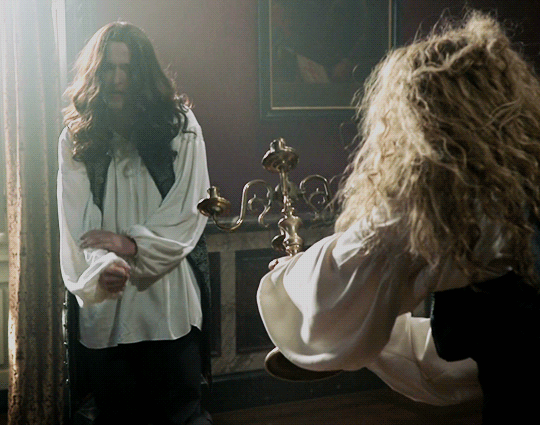
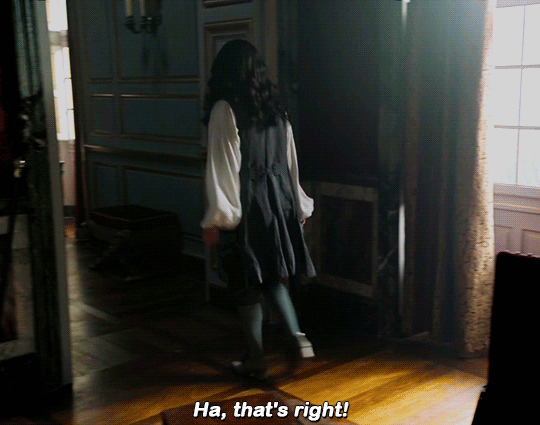
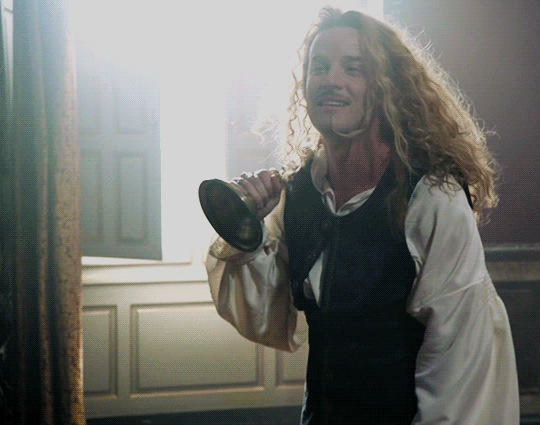
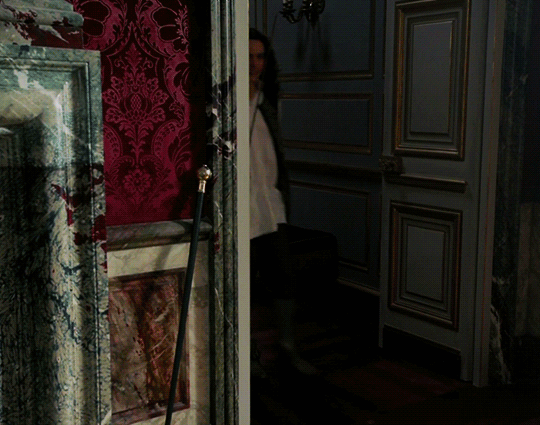

Evan Williams & Alexander Vlahos as Chevalier de Lorraine & Philippe I, Duc d'Orléans in VERSAILLES (2015-2018) – 2x04 Miasma
#chevalier de lorraine#philippe d'orléans#versailles#monchevy#versaillesedit#perioddramaedit#weloveperioddrama#userrobin#my gifs#feeling unwarrantedly delulu unhinged after tonight's shift#so here have this 👁👄👁
64 notes
·
View notes
Text
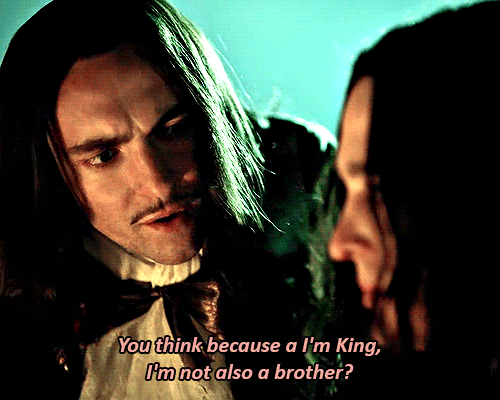

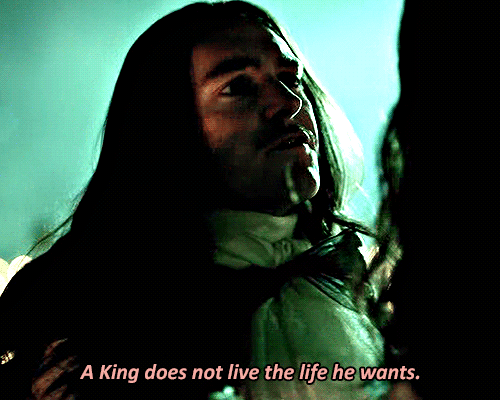
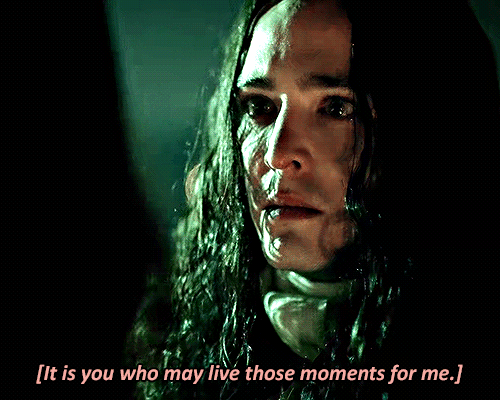
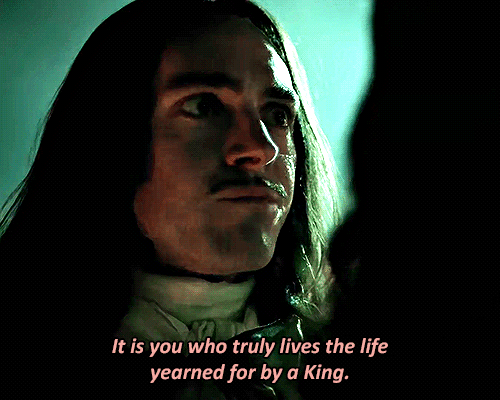
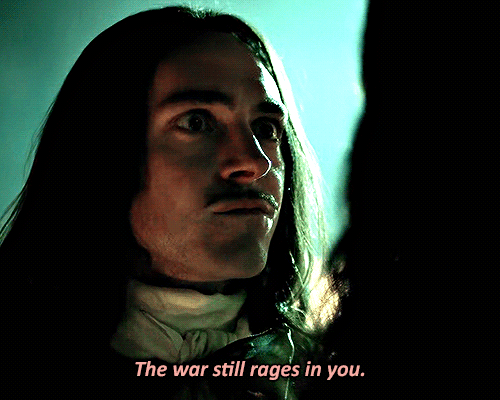

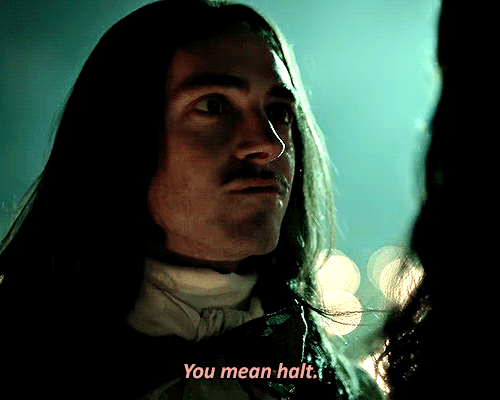



"On the field, I saw a man, young like we were. He carried his brother in a sack over his shoulder. He told me he had promised their mother to take him home. Would you do that for me? I would, but you? I do not know."
#i thought about this show yesterday and while i think the script and acting are bad...it's somewhat entertaining to watch idk#it's just drama after drama...although this scene is actually great though...#versaillesedit#versailles#philippe d'orléans#periodedit#periodedits#perioddramaedit#cinemapix#tvarchive#tvedit#perioddramacentral#alex vlahos#george blagden#louis xiv#dailytvfilmgifs#tvfilmcentral#userstream#tvfilmdaily#by jen
92 notes
·
View notes
Text

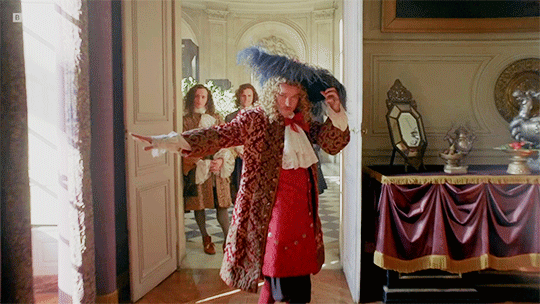
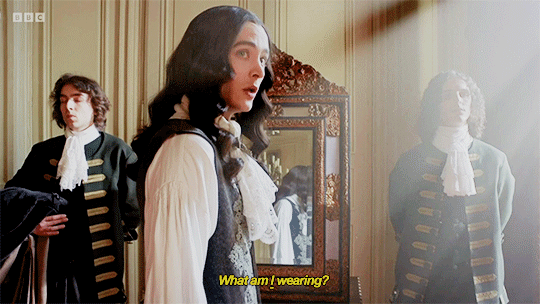



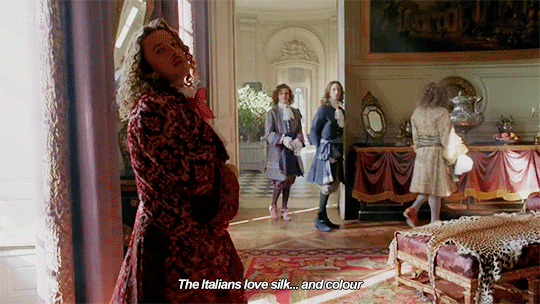
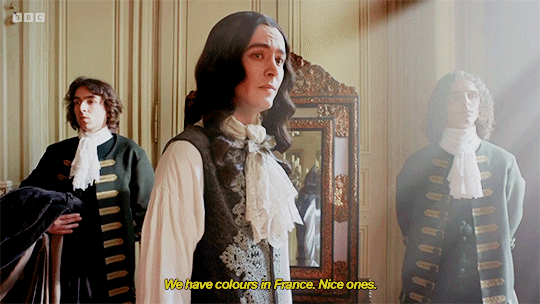
Versailles 02x02
"Fashion will be our standard, darling, and the people will walk behind you. And me."
#versailles#philippe d'orléans#chevalier de lorraine#alexander vlahos#evan williams#perioddramaedit#sorry to be versaillesposting in the year of our lord 2024. which i assume is somewhat passé.#but for one thing this is my blog and if you're looking at it that's on you#and for another. the FACES alexander vlahos is making here.#i have been laughing about them for like 4 hours straight.#mine: versailles#my edits
114 notes
·
View notes
Text

Louis, Anne, Philippe, Mazarin, Beaufort, and most importantly, Pistache
#dumas#vingt ans après#twenty years after#the three musketeers#les trois mousquetaires#louis xiv#anne d'autriche#philippe d'orléans#jules mazarin#francois de bourbon-vendôme#duc de beaufort#17th century#historical clothing
2K notes
·
View notes
Photo
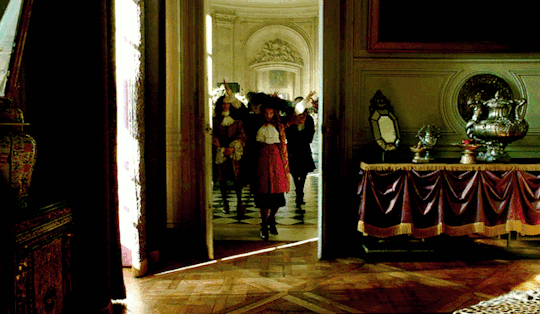
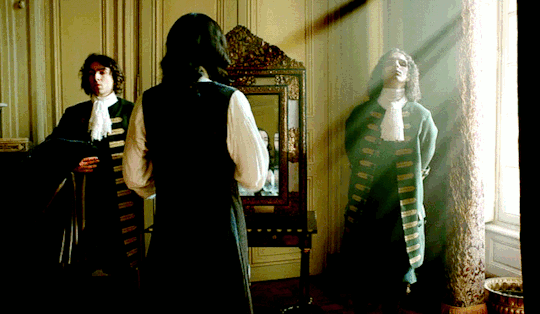


#versailles#versaillesedit#chevalier de lorraine#philippe d'orléans#alexander vlahos#evan williams#perioddramaedit#weloveperioddrama#userhayf#chewieblog#cinemapix#userstream#userbrit#userthing#usersource#gifshistorical#userperioddrama#usersugar#dailytvfilmgifs#usersansa#userrizz#cinematv#*my gifs
360 notes
·
View notes
Text
need more baroque shows with gay people in it
#black sails#our flag means death#versailles#versailles tv#captain flint#ofmd#blackbonnet#monchevy#flinthamilton#maxanne#black sails max#anne bonny#max x anne#james mcgraw#stede bonnet#ed teach#blackbeard#ofmd blackbeard#ofmd blackbonnet#philippe d'orléans#philippe x chevalier#chevalier#versailles chevalier#baroque#baroque aesthetic#baroque era#baroque tv shows#baroque gays baroque gays#mine
218 notes
·
View notes
Photo

It’s been about three years since I last painted a Versailles fanart, but here I am again! A Philippe I always wanted to paint, but never did 💙
I have a time-lapse of my painting process here, if anyone is interested!
Please don’t repost, but reblog 🥰 ko-fi | instagram
#versailles series#Philippe d'Orléans#alexander vlahos#alex vlahos#fanart#ellana's art#versailles#art#digital art#rebelle#philippe d'orleans#monchevy#rebelle 5#digital painting#digital fanart#HAIR#i had so much fun painting his hair#versailles cast#artists on tumblr#portrait#photoshoot
107 notes
·
View notes
Text

More of Philippe, in the s2 Versailles gown.
#versailles tv#versailles series#illustration#artists on tumblr#fanart#philippe d'orléans#sketchbook
38 notes
·
View notes
Note
hello!!! what were the first thougths of Chartres about Gonzague?
That he'd tap that. u_u
27 notes
·
View notes
Text










MonChevy goes 2022
#alexander vlahos#modern monchevy#monchevy#versailles#philippe x chevalier#chevalier de lorraine#philippe d'orléans#evan williams
181 notes
·
View notes
Text
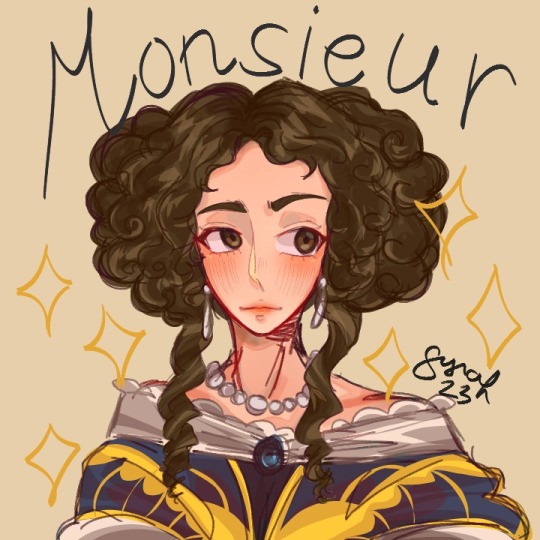
Crossdressing Philippeeeeee
#french history#my artwrok#chevalier de lorraine#philippe d'orléans#shitpost#versailles#louis xvi#digital art
35 notes
·
View notes
Text


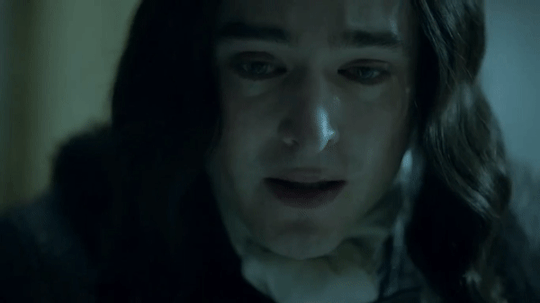
#versailles#versailles gif#philippe d'orléans#philippe d'orléans gif#philippe of orleans#philippe of orleans gif#duc d'orléans#duke of orleans#alexander vlahos#alexander vlahos gif
45 notes
·
View notes
Text

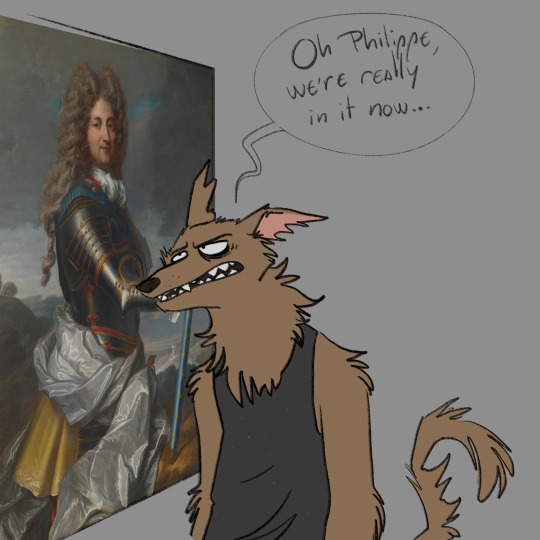
I wanna be at that exposition so bad, so im drawing memes to cope
#flashbic draws stuff#Philippe D'Orléans#France history#I NEED TO BE THERE ALL THESE ART PIECES ARE NEVER GONNA BE ALL AT THE SAME PLACE AT THE SAME TIME AGAIN
6 notes
·
View notes
Text
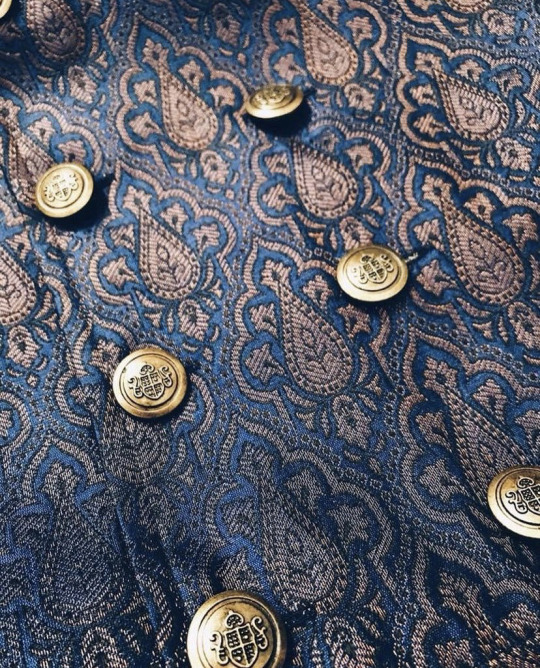
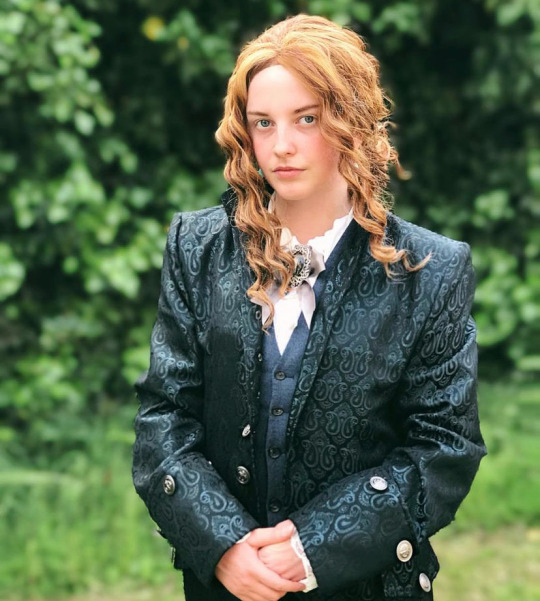

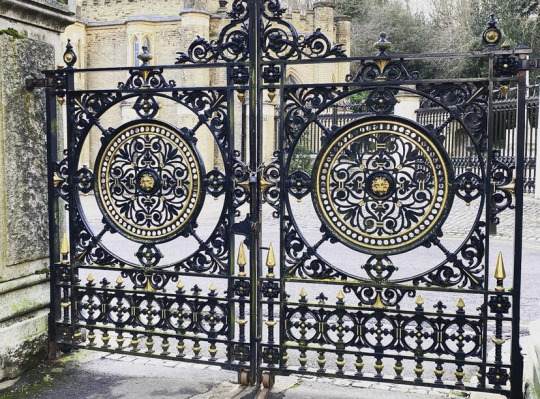


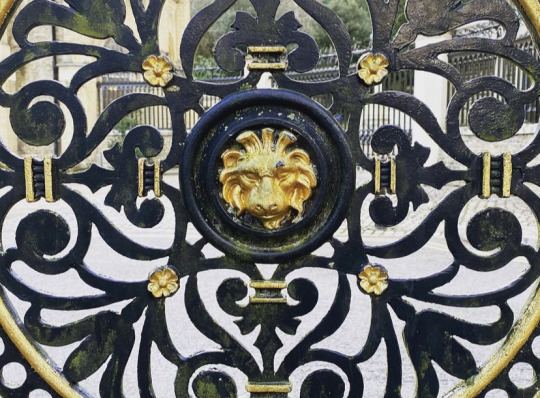

“He might be the sun my dear. But you, are the star. I do not know if you’ve noticed, if if the sun rules of the day, it is the stars that ruled a night.”
#chevalier de lorraine#monchevy#all location and item shots taken and edited by me#the chevalier cosplay#chevalier cosplay#chevalier x philippe#Versailles la serie#versailles#chateau de versailles#the sun king#french history#monchevy cosplay#evan williams#philippe d'orléans#philippe duke of orleans#period drama#period drama costumes#cosplayer#my cosplays#cosplay#Versailles cosplay#moodboards#aesthetic moodboard#gay historical figures#bisexual history#bisexual historical figures#queer history#gay man#long haired men
33 notes
·
View notes
Photo
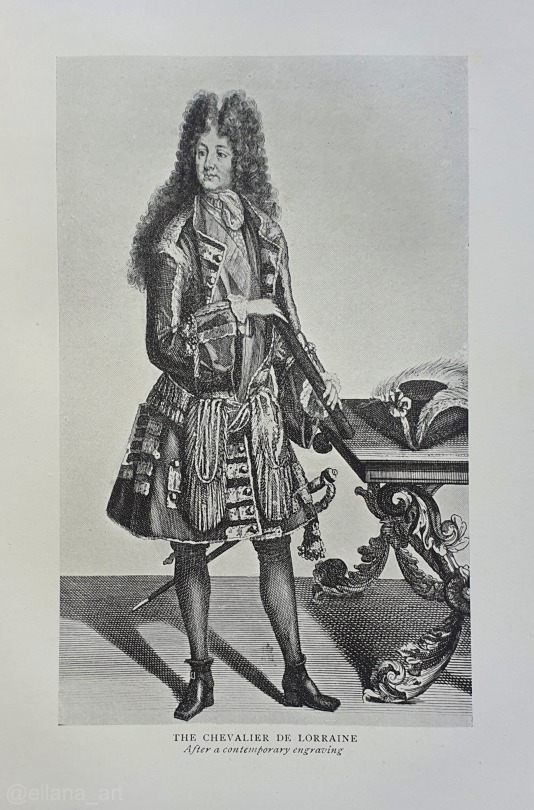
The Chevalier de Lorraine, after a contemporary engraving
#chevalier de lorraine#portrait#17th century#history#hugh stokes#Philippe d'Orléans#biography#book#engraving#those ankle boots tho#???#iconic#a fashion icon
15 notes
·
View notes